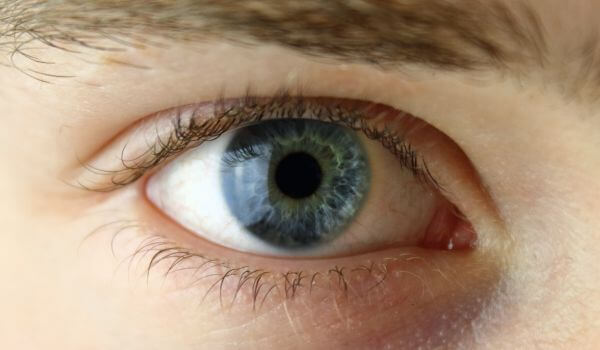It’s July, and that means UV Safety Awareness Month! As such, we’re going to discuss the importance of sun safety throughout the year. We’ll also explore why it’s important to see a dermatologist and not only for skin cancer reasons. Because, have you ever asked yourself “Should I go to the dermatologist?”
Protecting skin during the summer
One of the most important things you need to know is that sunscreen prevents skin cancer. For this reason, it’s important to understand what type of sunscreen you’re purchasing and how to use it correctly.
You need to look for a broad-spectrum sunscreen because this protects against both UVA and UVB rays. Additionally, make sure you get a SPF of at least 15. Anyone over the age of six months old needs to apply sunscreen when outdoors. This is true even when it’s cloudy!
Apply sunscreen generously to all exposed skin including ears, noses, and the tops of your feet. It should be applied about 20 minutes before going into the sun. Don’t forget to reapply every two hours or every hour if you are in water!
And just because you have dark skin it doesn’t mean you’re protected. People with very dark skin can still burn and develop skin cancer.
While sun screen is the best thing you can do when in the sun, along with hats, sunglasses and protective clothing, it doesn’t reduce your risk entirely. Keeping out the sun during the hottest hours of the day is more important. During these hours, it’s important to seek shade.
Should I go to a dermatologist?
A dermatologist specializes in caring for the skin, hair and nails. There are many reasons why you’d need to go and see a dermatologist, and not all of them are serious. Likewise, not all skin conditions can be solved. There are still many skin problems that can’t be eliminated completely like stretch marks, large pores and cellulite. Treatment can improve the problem, but not cure it entirely.
There are many reasons why you’d need to see a dermatologist.
- When over the counter treatment doesn’t help, a dermatologist can often find the most effective treatment
- Itchy, flakey skin can be managed with the right treatment. Eczema is a chronic skin condition and needs to be examined along with your medical history in order to find the best treatment for your case
- Skin, hair or nail concerns. If you have any concerns such as discolorations, warts, stretch marks, psoriasis, your dermatologist will be able to arrange treatment
- Hair loss. If you notice you’re losing more hair than usual or have developed a bald spot. You might be missing some essential vitamins or protein, but your dermatologist will be able to assess what exactly is going on.
- Scar treatment. Your dermatologist can often offer treatments to improve the appearance of scars.
- Your mole is changing size or shape. Moles and birthmarks are normal, and they could alter over time. While in a lot of cases this is harmless, there are times when this could signal something more serious. A mole or growth that starts to itch or bleed could be a sign of skin cancer.
It’s not just about Skin Cancer
While skin cancer is the main concern for most people, there are many other reasons you’d need to see a dermatologist in order to get the right treatment.
Keeping your eye on moles and growths is important in protecting against developing skin cancer. Early detection in this case is crucial, because it could simply be removed with surgery. Once it spreads it can be harder to treat. If you’re unsure, it doesn’t hurt to see your dermatologist to get it checked out. They use a special scope to check for any suspicious marks.
It is recommended to have an annual check with a dermatologist in order to look over all your moles and growths. Anything suspicious will be sent to a lab for further testing.
















